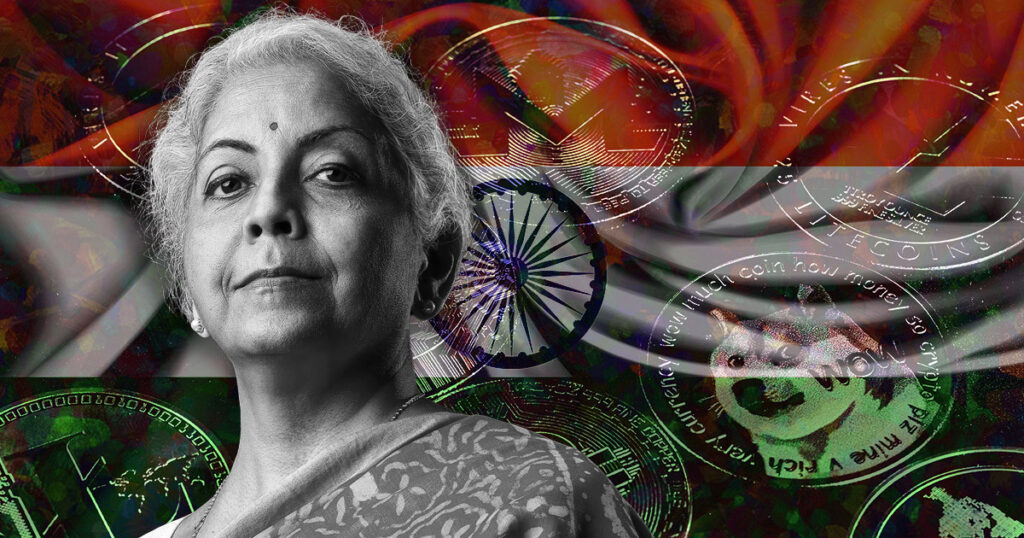India’s Minister of Finance, Nirmala Sitharaman, believes crypto can help facilitate terrorist financing and money laundering. She said this during the G20 Finance Ministers meeting and the Central Bank Governor Meeting (FMCBG) Spring Meetings in Washington DC.
Sitharaman participated in the Money at a Crossroad panel discussion hosted by Kristalina Georgieva, IMF’s Managing Director. She pointed out that Digital Money will inevitably play a significant role.
Talking about crypto’s ability to facilitate illicit activities, she said,
“I think the biggest risk for all countries across the board will be the money laundering aspect and also the aspect of currency being used for financing terror.”
Sitharaman added,
“I think regulation using technology is the only answer. Regulation using technology will have to be so adept, that it has to be not behind the curve, but be sure that it is on the top of it. And that’s not possible. If any one country thinks that it can handle it. It has to be across the board.”
According to her, the Indian government has been ramping up efforts to build the country’s digital infrastructure, especially after the COVID-19 pandemic resulted in a sharp uptick in the digital adoption rate.
She cited data from 2019, which shows the digital adoption rate in India increased to approximately 85%. On the other hand, the global adoption rate stood at around 64%. With this data in mind, Sitharaman said the pandemic period helped India test and prove that using digital money is simple and everyone can use it.
India’s crypto tax rules take a toll on the market
Sitharaman’s visit to Washington comes after India enacted its new crypto tax rules at the beginning of the month. The country currently imposes a 30% tax on profits from crypto transactions. Additionally, India does not allow crypto adopters to offset gains with losses from previous transactions.
As a result of the new strict taxation rules, crypto trading volumes across exchanges in the country plummeted. Also, India seeks to introduce a 1% tax deducted at source (TDS) on July 1. Experts predict that this tax will exacerbate the current situation.
Meanwhile, regulatory woes continue plaguing the Indian crypto sector. Several crypto exchanges in India have suspended fiat deposits through the United Payments Interface (UPI) in the past week. Reportedly, UPI’s operator, the National Payments Corporation of India (NPCI), said it was unaware crypto exchanges were using the payments system.

